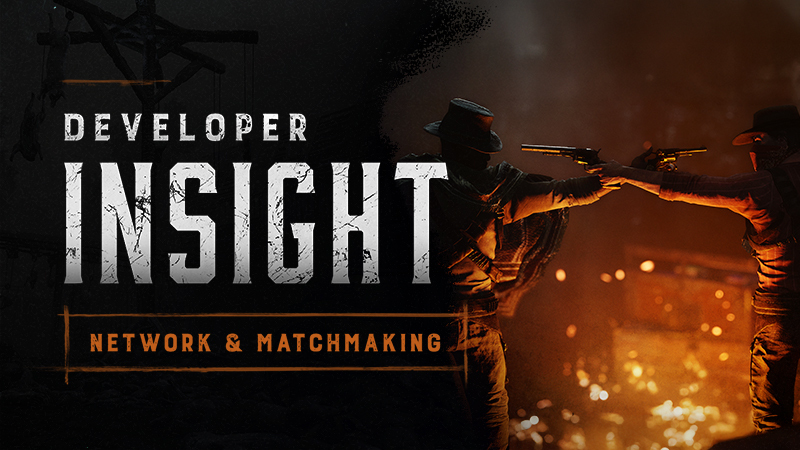4 months
ago -
CRY_IM
-
Direct link

Matchmaking is a crucial element of the Hunt experience, and is something we are always working to improve. The MMR system is key to creating fair and competitive matches, so today we’re providing some insight into how it works, the challenges we sometimes face, and why your matchmaking experiences might sometimes feel uneven.
MMR Calculations
MMR is determined by your performance in-game — not by your playtime, rank, or prestige. The system uses a modified version of the OpenSkill algorithm, which includes a certainty variable that adjusts over time. This means that when you’re new to the game, your rank will fluctuate more often than when you have hundreds of hours racked up.
As the system learns about your skill level, it can more accurately determine your rank and as such your MMR stabilizes, leading to less radical changes after each match.
When the current matchmaking system was introduced, we recalculated all players’ MMRs by running historical data through the updated algorithm. To speed up the calibration process, a higher certainty value was applied across the board.
Additional factors, such as team composition and win/loss streaks are also considered. These modifiers don’t alter your actual MMR but influence how matches are created to make them as fair as possible.
Why Do Lower MMR Players Sometimes Face Higher MMR Players?
This disparity sometimes occurs in regions or times with low player populations. To prevent long queue times exceeding 5 minutes, the matchmaking system broadens its search parameters automatically.
This can mean that if there aren’t enough players within your skill range, the system matches you with the closest available players, even if there’s a noticeable skill gap.
While this may result in uneven matches, it ensures that all players can enjoy the game without excessive delays.
Calibrating Matchmaking After Updates
Large updates and events attract both new and returning players, and this influx temporarily disrupts the balance of the matchmaking ecosystem.
Returning players may not have an accurate skill rating when they re-enter the game, meaning the system has to recalibrate their MMR over several matches.
A sudden influx of players means a larger player base for the matchmaking system to distribute, and this can lead to tighter match pools, making mismatches more noticeable when they do occur.
Why Do New Players Face Opponents with Thousands of Hours of Experience?
Playtime isn’t a factor in the matchmaking system, and this can mean situations arise where newer players encounter vastly more experienced opponents.
As we said earlier, new players often have unstable MMRs as the system tries to establish an accurate skill level from less data. A strong early performance can temporarily place these individuals in matches against higher-skill players.
Then we have players with thousands of hours banked, but they may still have low MMRs due to their performance. Because of this they will be matched with newer players who have a similar skill rating, even if the experience gap is significant.
Building a Better Matchmaking System
We are continually refining the MMR system to balance fairness and accessibility. There will always be new challenges for us to navigate, the system aims to create engaging matches that cater to players of all skill levels.
If you’ve noticed irregularities, it’s likely due to the system adapting to evolving player dynamics, ensuring a fairer experience in the long run.